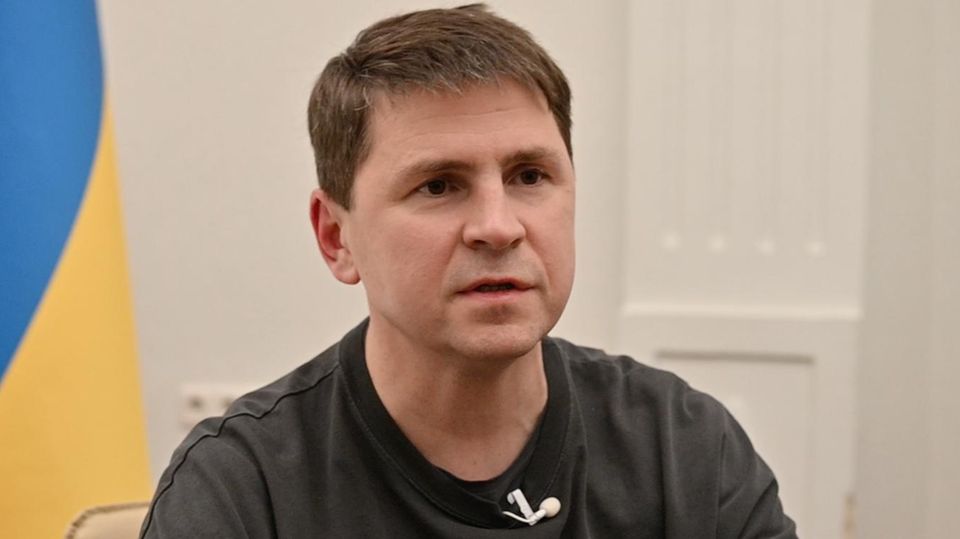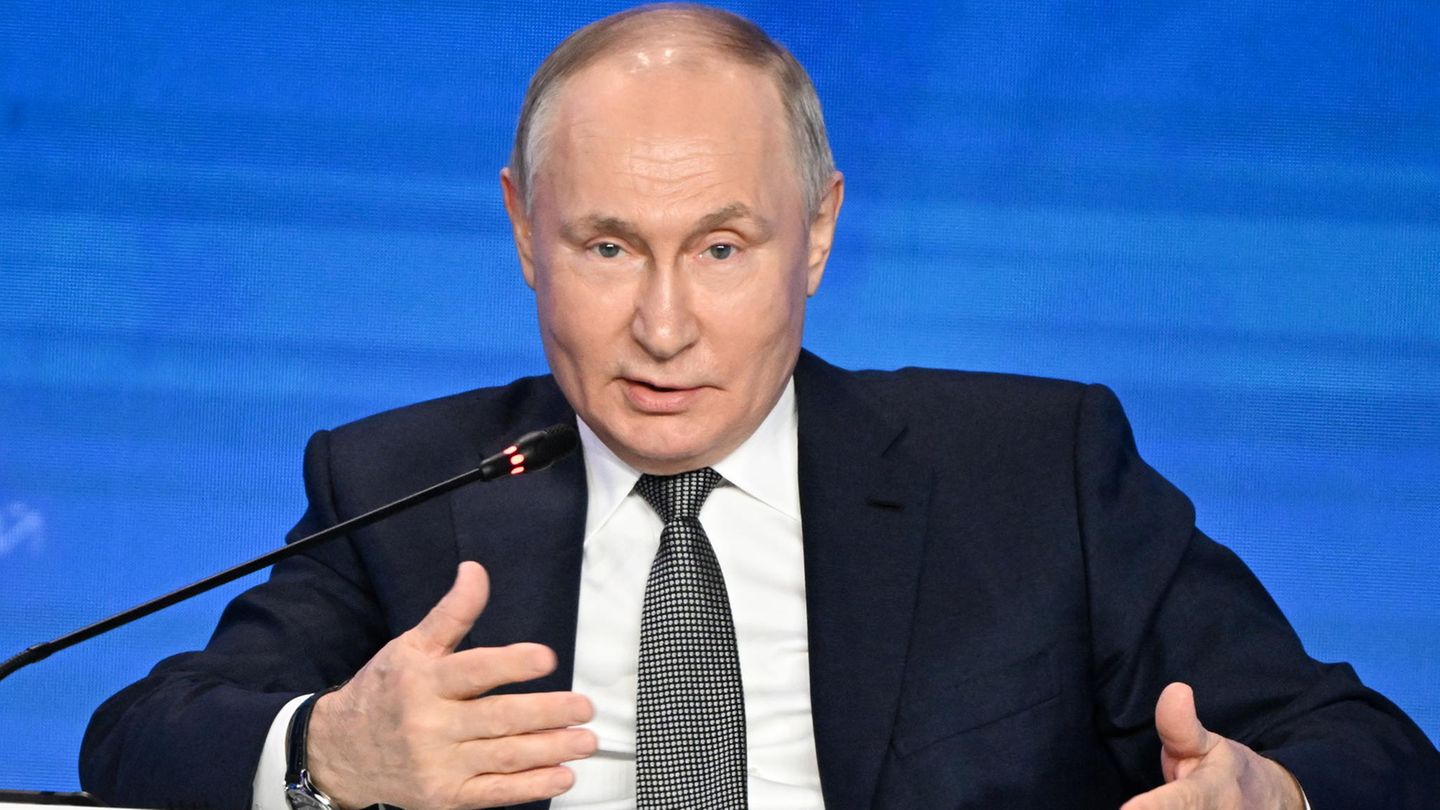In the USA, speculation about Russia’s possible nuclear plans in space is causing concern. The Kremlin sees the reports as a targeted campaign by the White House. An overview of the sparse findings.
Why is the US speculating about Russian nuclear weapons in space?
US media had reported that secret services had gathered information about Russia’s new nuclear ambitions in space. This is said to be about Russian nuclear capabilities that are directed against satellites in space and could pose a threat to national and international security. However, it was initially unclear why Russia would need a nuclear weapon to destroy a satellite.
The New York Times wrote that the US had informed Congress and allies in Europe about Moscow’s plans. Such new Russian nuclear capabilities are still being developed and have not yet been used. There is therefore no acute danger. Fox News reported that using nuclear systems against satellites could potentially eliminate US military communications and intelligence. There was initially no official confirmation of the reports.
What’s true about the rumors?
This is difficult to estimate. The wave was started by Mike Turner, the Republican chairman of the Intelligence Committee in the House of Representatives. He issued an unusual statement Wednesday, saying his committee had “provided information about a serious threat to national security” to all members of Congress. He further wrote that he is calling on US President Joe Biden to release all information on this threat so that Congress, the government and allies can openly discuss countermeasures.
The Republican did not specify what type of threat it was and the cryptic message paved the way for all sorts of speculation. The media reports on Russia followed shortly afterwards.
Biden’s national security adviser Jake Sullivan also did not provide any further information, but announced a meeting with leading members of Congress for Thursday. After the meeting, further steps will be discussed.
What does Russia say about this?
The Kremlin has rejected reports of suspected Russian nuclear plans in space as a “trick” by the leadership in the White House. “It is obvious that the White House is trying to use every trick and subtlety to get Congress to vote on the money bill [für die Ukraine] to move,” said Kremlin spokesman Dmitry Peskov on Thursday, according to the Interfax news agency. It remains to be seen what US President Joe Biden’s security adviser Jake Sullivan will have to show at an announced briefing, Peskov added.
The money mentioned by Peskov is arms aid for Ukraine, which is being attacked by Russia. After a months-long dispute between Democrats and Republicans, the US Senate approved the release of the funds a few days ago. However, the House of Representatives, where Republicans have a slim majority, still has to agree. MPs from the right-wing fringe of the party are opposing further US aid to Ukraine.

What does the federal government say?
Defense Minister Boris Pistorius has not yet received any information that Russia may want to station nuclear anti-satellite weapons in space. “As far as I know, these reports are very, very new, at least for me,” said the SPD politician on Thursday on the sidelines of a meeting of NATO defense ministers in Brussels. We will discuss this with our partners.
Pistorius warned against giving hasty answers or thinking you have them. “We have to weigh that up. We have to clarify the technical questions and then see what the conclusions are,” said the minister.
How does NATO protect its satellites?
In order to be able to respond better to attacks on satellites, NATO had already decided in 2021 that attacks from or in space could in future be treated as an alliance case in accordance with Article 5 of collective defense – in the same way as attacks on the ground or in the air, sea and or cyberspace.
The step was justified, among other things, by the fact that attacks on satellites could be used in the event of a war to paralyze parts of public life. For example, the processing of cashless payment transactions, mobile phone networks or navigation systems for road, sea and air transport could be severely affected.
Source: Stern
I have been working in the news industry for over 6 years, first as a reporter and now as an editor. I have covered politics extensively, and my work has appeared in major newspapers and online news outlets around the world. In addition to my writing, I also contribute regularly to 24 Hours World.




